Diamonds vs Pearls: Which Gemstone Is Truly More Valuable?

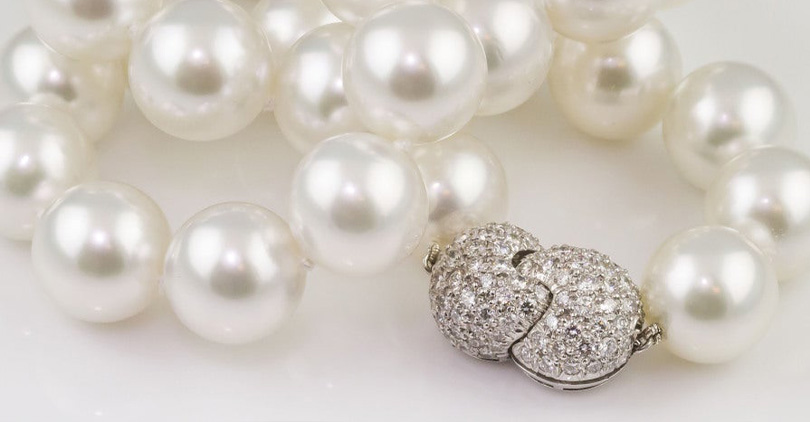
When deciding between diamonds versus pearls, it's about more than just looks – consider worth, rarity, and lasting appeal. Both types of gemstone have been worn by royals. They are featured in some of history's most iconic jewelry designs, but they have different stories to tell.
With its unparalleled sparkle and enduring strength, a diamond is often considered the ultimate symbol of luxury. Meanwhile, there are few things that say elegance and natural beauty quite like pearls. After all, these are the only gems created by living creatures.
So, which gem holds more value or meaning? Join us on this blog as we take a deep dive into the world of diamonds and another into pearls.
We'll compare how they're formed, their unique attributes, their market worth, and what makes each one special. Whether you're an avid collector or just curious, prepare to be dazzled.
Origin and Formation
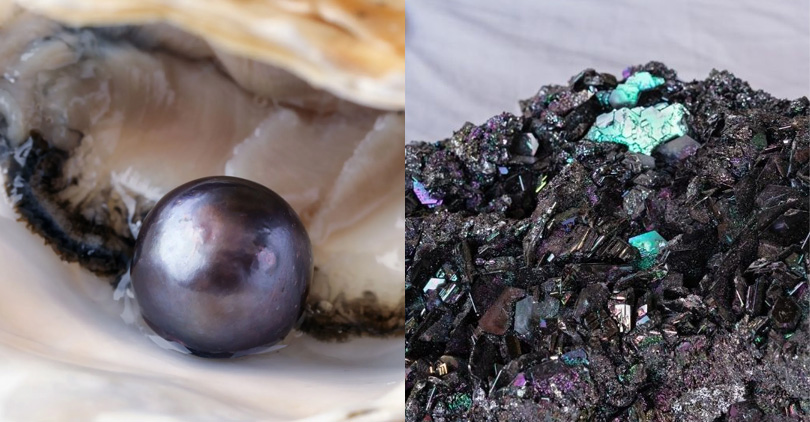
The origins of diamonds and pearls are poles apart, and this distinction has a big impact on how we view their rarity and worth.
Diamonds
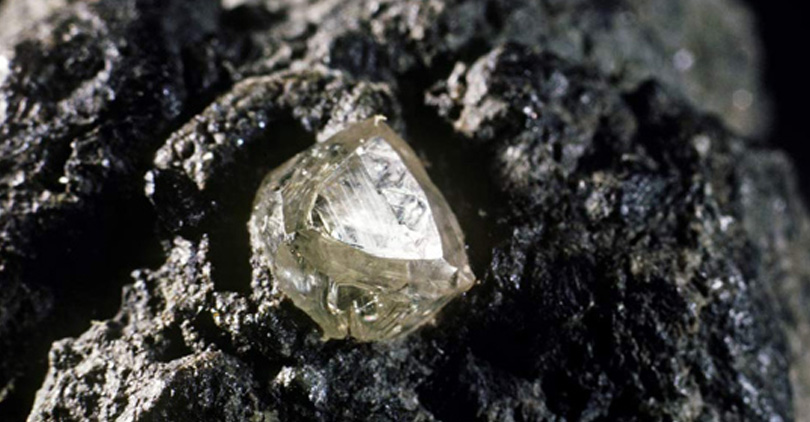
Diamonds have been formed deep within the Earth for billions of years due to high pressure and heat. Through volcanic eruptions, these valuable stones make their way to mines where people work hard to get them out.
It's amazing how something can go from being carbon to a beautiful diamond after going through so much geology. Now, there are also synthetic diamonds. They are made in a lab but copy what happens naturally.
Some say it's good we can grow gemstones because then there's less damage done when mining them or worrying about ethics. Others wonder if they're worth anything—or as valuable as real diamonds.
Pearls
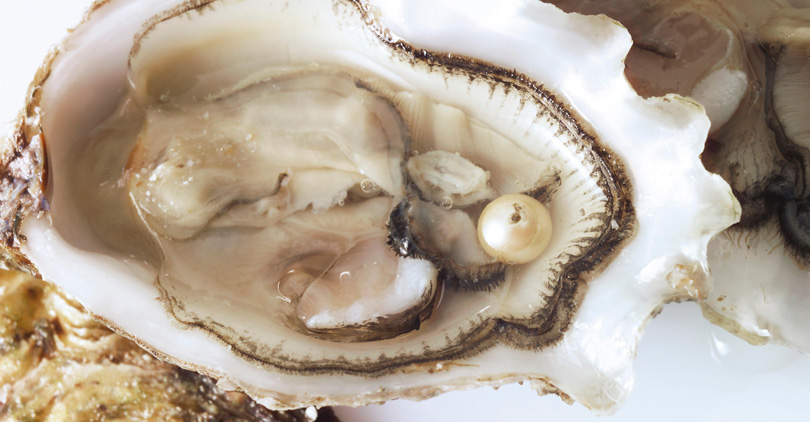
Contrarily, pearls are created inside mollusks through a biological process. When an outside object annoys a mollusk inside its shell, the creature secretes nacre and over time forms a pearl.
It is incredibly rare to find natural pearls that have formed without any assistance. Most of those available for purchase today are cultured pearls. They are ones that have been deliberately grown by farmers who then harvest them.
Even though they take less time to form than natural pearls, many people consider all types of pearls to be unique gems. No other gem looks or feels quite like them. Pearls represent purity and elegance.
Rarity and Availability
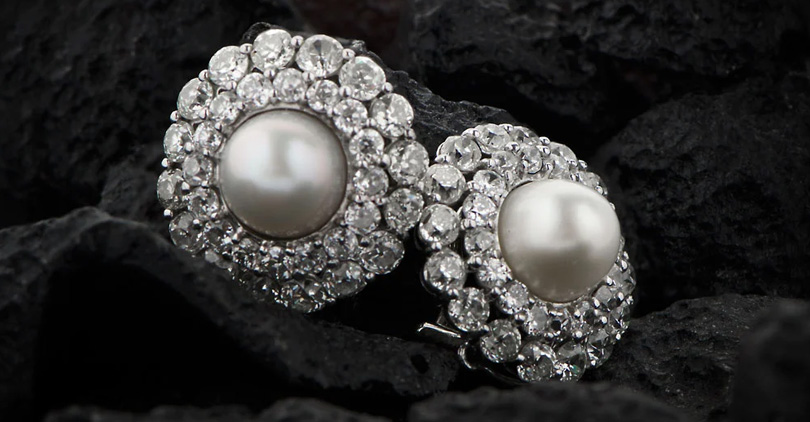
While diamonds are often seen as the ultimate rare gemstone, their popularity has flooded the market. Pearls, however, possess a natural uniqueness that sets them apart from other gems. Let's analyze in detail:
Diamonds
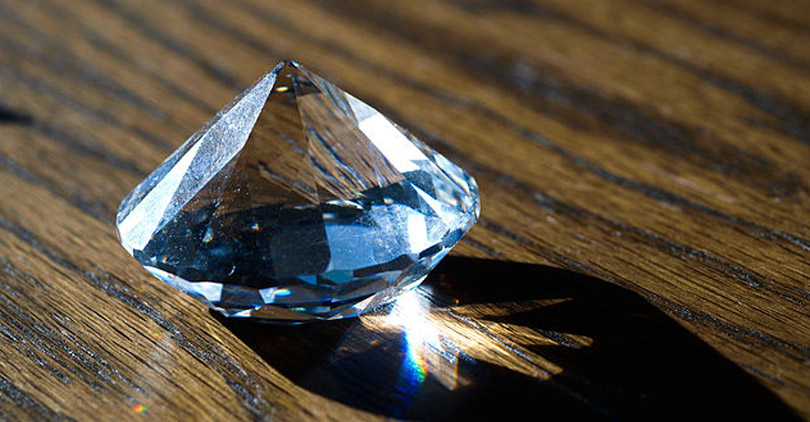
Diamonds may not be as rare as people think. Modern mining and man-made alternatives mean we have more of them than ever before.
The diamond industry has helped keep up appearances though. Its marketing campaigns are so effective that diamonds still feel exclusive and luxurious when you buy them.
But here's the thing. It's not quite as hard to get hold of a diamond as those adverts might make out. And now there are even more ways to own one without feeling like an extra from Ocean's Eleven.
Lab-grown diamonds (which, by the way, have exactly the same chemical properties as mined ones) are increasing supply. So, they're becoming more affordable for a lot more people.
Pearls
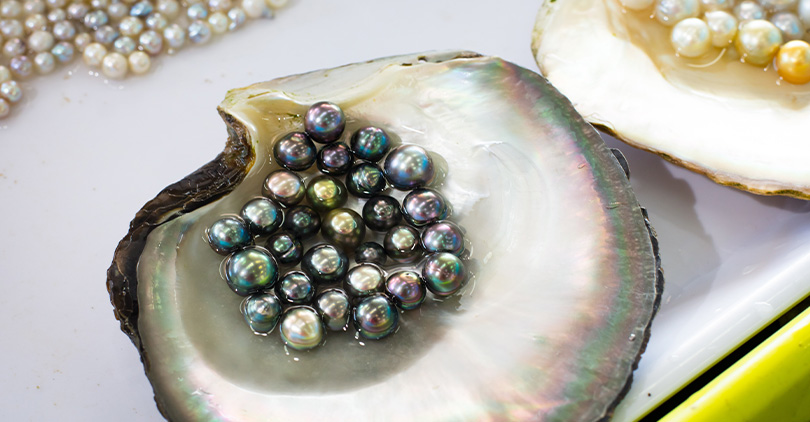
A natural pearl, conversely, is a rare treasure. The chance of finding a wild pearl of perfect form is slight—and so its discovery adds luster as well as value.
The advent of cultured pearls—those produced by mollusks grown on farms—has changed this. Although such pearls are more affordable and obtainable than those formed naturally, they are still far from being common.
Indeed, on a cosmic scale, pearls may be rarer than diamonds. But current methods of cultivation mean they are comparatively plentiful down here.
Value and Pricing
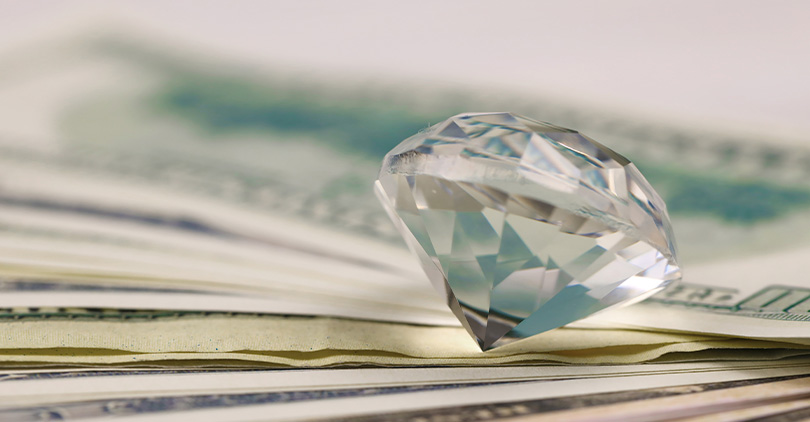
It's interesting to compare diamonds and pearls because both are precious gemstones. However, their value is determined by market factors as well as cultural importance and inherent attributes.
Diamonds
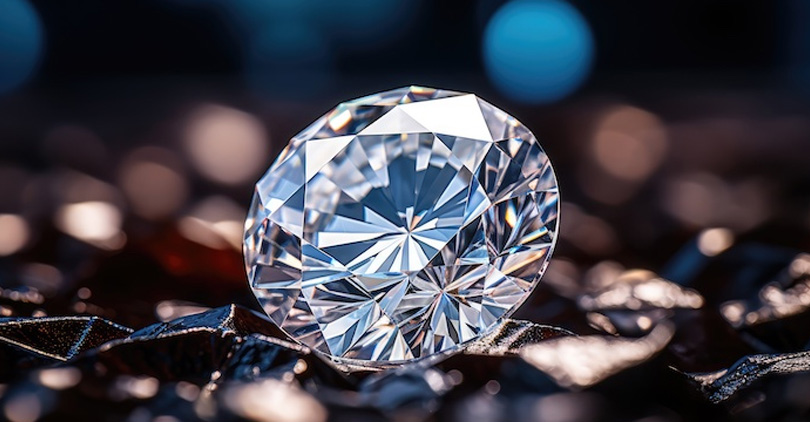
For many people, diamonds equal riches and influence. These are ideas that have been reinforced for years by ad campaigns as well as by their place in society.
When it comes to pricing, the industry uses what is known as the Four Cs: carat (size), clarity, color, and cut. As a general rule, diamonds tend to be more expensive than cultured pearls. For exceptional examples of each gem type, though, prices can rocket.
But there's also an aspect of value retention that has to do with perceived scarcity. Besides, there is the emotional heft certain moments can carry. Think engagements or milestone anniversaries.
Pearls
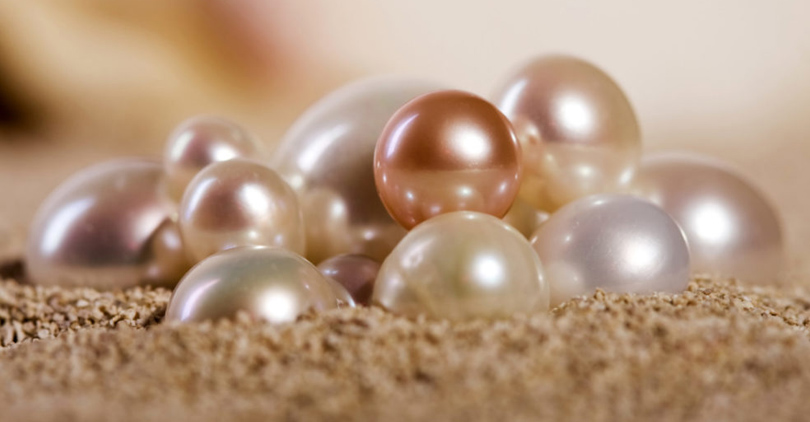
Pearls are not always in the shadow of diamonds. In fact, natural pearls can frequently compete with this stone for "center stage"—and win.
Exceptionally fine natural pearls occur extremely infrequently. So when they do become available for purchase, their price tags can be astonishing. Sometimes, it even exceeds those seen on equally sized diamonds.
Cultured pearls are usually more affordable than naturals. They also make up the bulk of today's market for these gems. However, prices for them can still vary dramatically based on differences in origin, size, luster, and other factors.
Durability and Wear
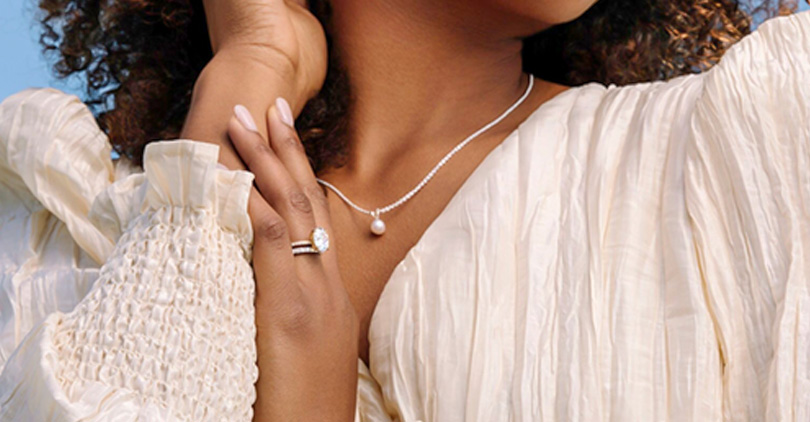
When it comes to longevity and regular wear, diamonds win hands down because nothing beats their hardness and durability. Pearls may be gorgeous. But they're best reserved for special events where their fragile charm can be both admired and looked after.
Diamonds
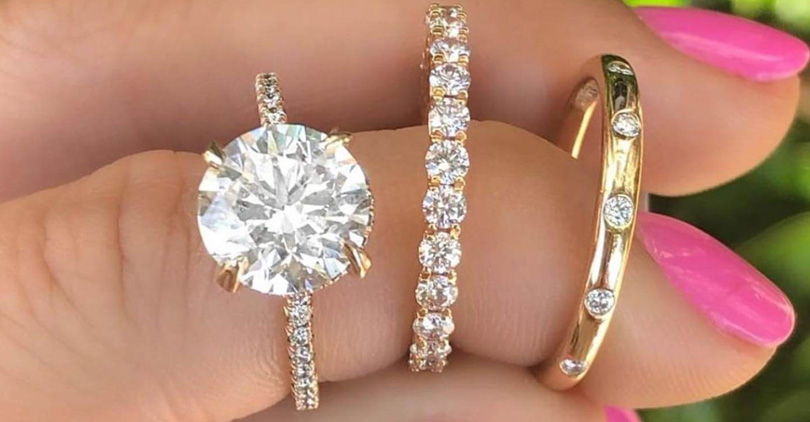
Did you know that diamonds are the hardest natural substance on Earth? It's true – they score a perfect ten on the Mohs scale of hardness.
Because of this, diamond jewelry is a great choice if you're going to wear an engagement ring or other piece every day. Who wants to baby their ring all the time?!
With its resistance to scratches and chips, a diamond holds up well to daily use that would dull or damage lesser gemstones. Your diamond will look as fabulous in your future granddaughter's engagement ring as it does in yours.
Pearls
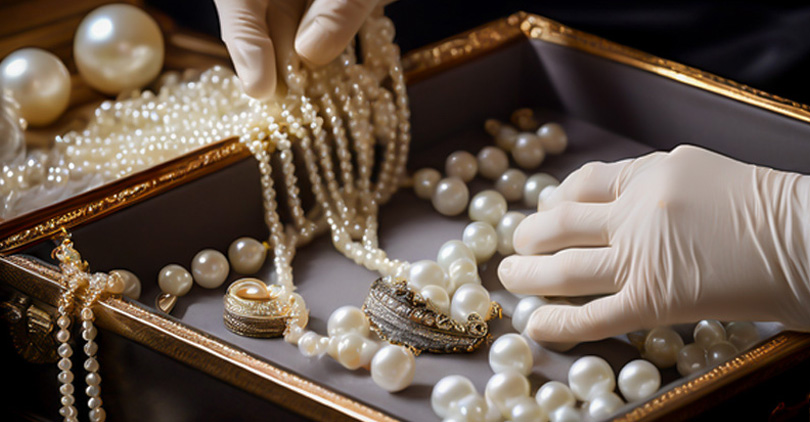
In comparison, pearls are softer and more fragile. On the Mohs scale of hardness, they rank between 2.5 and 4.5. They can be easily scratched, scuffed, or affected by chemicals. So think twice before putting them on for everyday use.
To keep their luster up, pearls need special attention. Gentle cleaning and storing separately from harder gems when not worn are a must.
Despite being delicate, we love these organic wonders for their irreplaceable beauty. Just handle them with care (and save them for events where you can do so!).
Symbolism and Cultural Significance
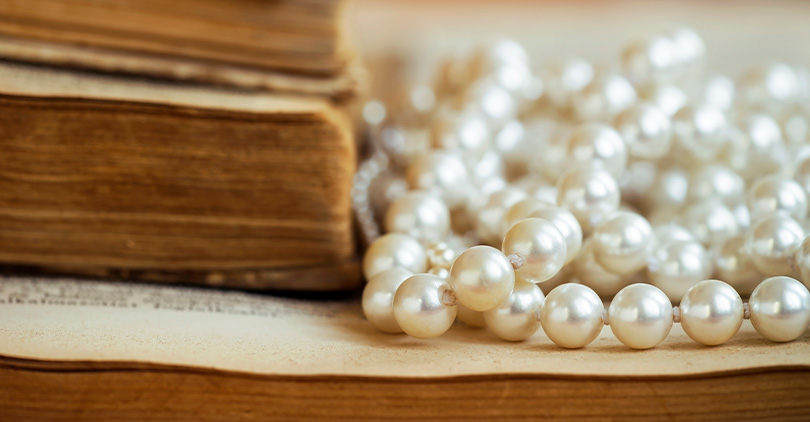
Sociocultural and historical perspectives can significantly shape consumer tastes. Let's explore what people say about diamonds and pearls:
Diamonds
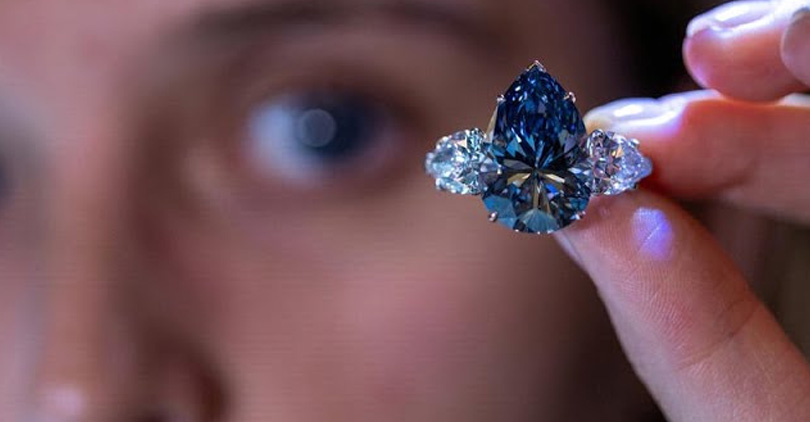
For centuries, diamonds have symbolized everlasting love, invincibility, and riches. Their unrivaled sparkle and uncommonness have made them the ultimate sign of unending devotion. Think diamond engagement rings.
But it's not all about romance. Diamonds are also associated with money and social power. They appear frequently in Hollywood films about glitz and glamor or high society.
Pearls
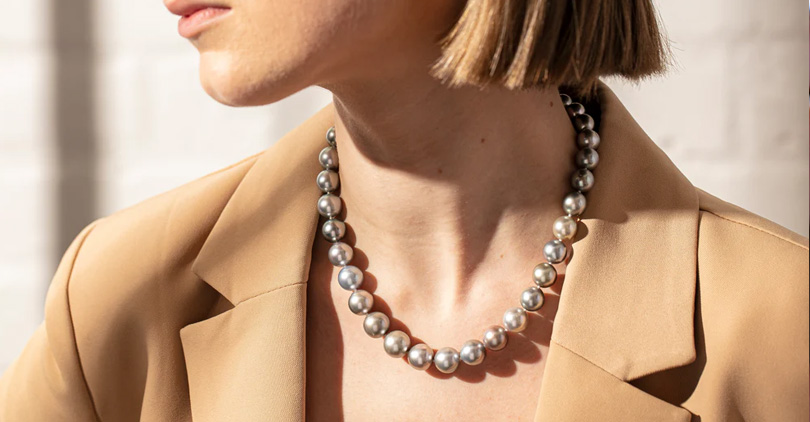
However, pearls carry a symbolic weight all their own—one of purity, wisdom, and the long march of time. Throughout history, these gems have been favored by both royalty and trailblazers. Everyone from ancient empresses to Audrey Hepburn has donned them with aplomb.
If diamonds speak to boldness and blazing brilliance, consider the pearl a beacon of elegance and grace alone. The gem's organic origins and its demureness have made it something of a symbol of inner radiance. It is a kind of luxe that doesn't need to shout.
Personal Preference and Lifestyle
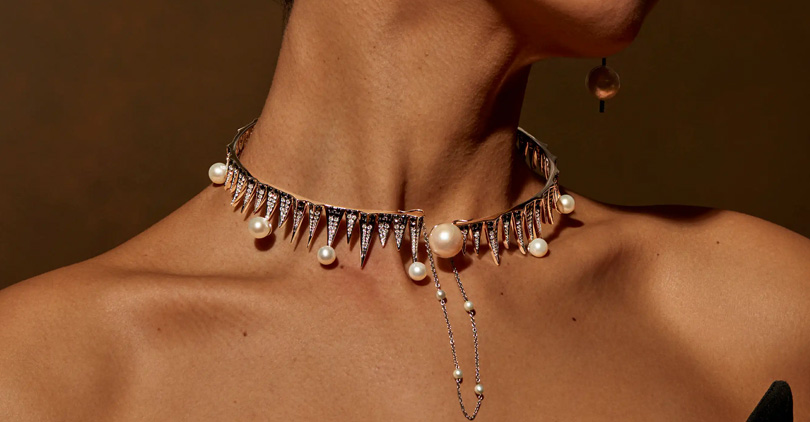
If you adore glowing gemstones and derive energy from being center stage, diamonds are likely your gem. People drawn to luxury goods that never go out of style appreciate diamonds' incomparable brilliance. Besides, they are incredibly durable.
Diamonds also suit active lifestyles. Who wants to worry about babying their jewelry when there's so much fun stuff to do? A diamond brings just the right amount of sparkle to daily activities.
However, if you prefer a more subtle and timeless look, then you might be someone who loves pearls. Pearls have an effortless elegance about them, which is why they appeal to those who admire classic beauty.
The gentle sheen of pearls suits people with refined yet low-key tastes. They are for individuals who live well but don't feel the need to broadcast it. Their jewelry means something to them beyond pure decoration because its beauty is so quiet.
That's not to say one can't appreciate both styles. Sometimes the occasion calls for diamond-like strength while at others only pearl-esque grace will do. Ultimately however we choose reflects how we see ourselves – and what we want others to see in us!
Conclusion
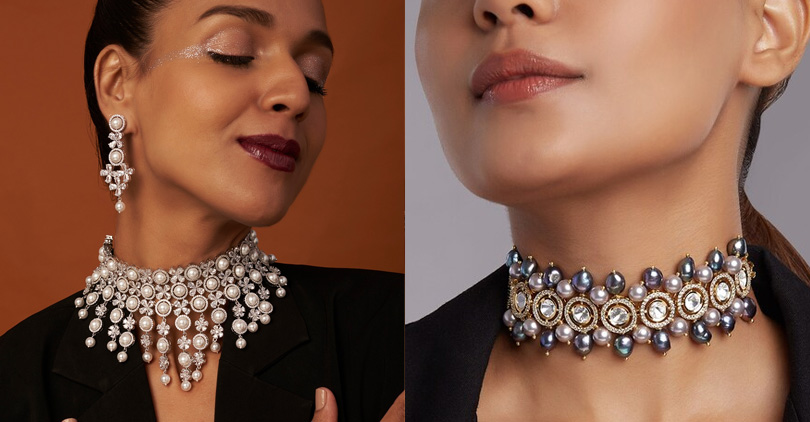
When it comes to gemstones, diamonds and pearls each have their own special appeal. Diamonds dazzle like no others with their exceptional brilliance and durability. Pearls possess an understated beauty that is both timeless and elegant.
Diamonds outscore all other gems on measures such as toughness and market demand. Pearls enjoy a rarefied status for sophistication.
Ultimately, the choice between these two beloved gems depends on personal taste—and what kind of story you want your jewelry to tell.
Which gemstone speaks to you? Does the quiet allure of pearls outweigh the flashiness of diamonds – or not? Tell us what you think – and don't forget to let us know why!


Leave a Comment